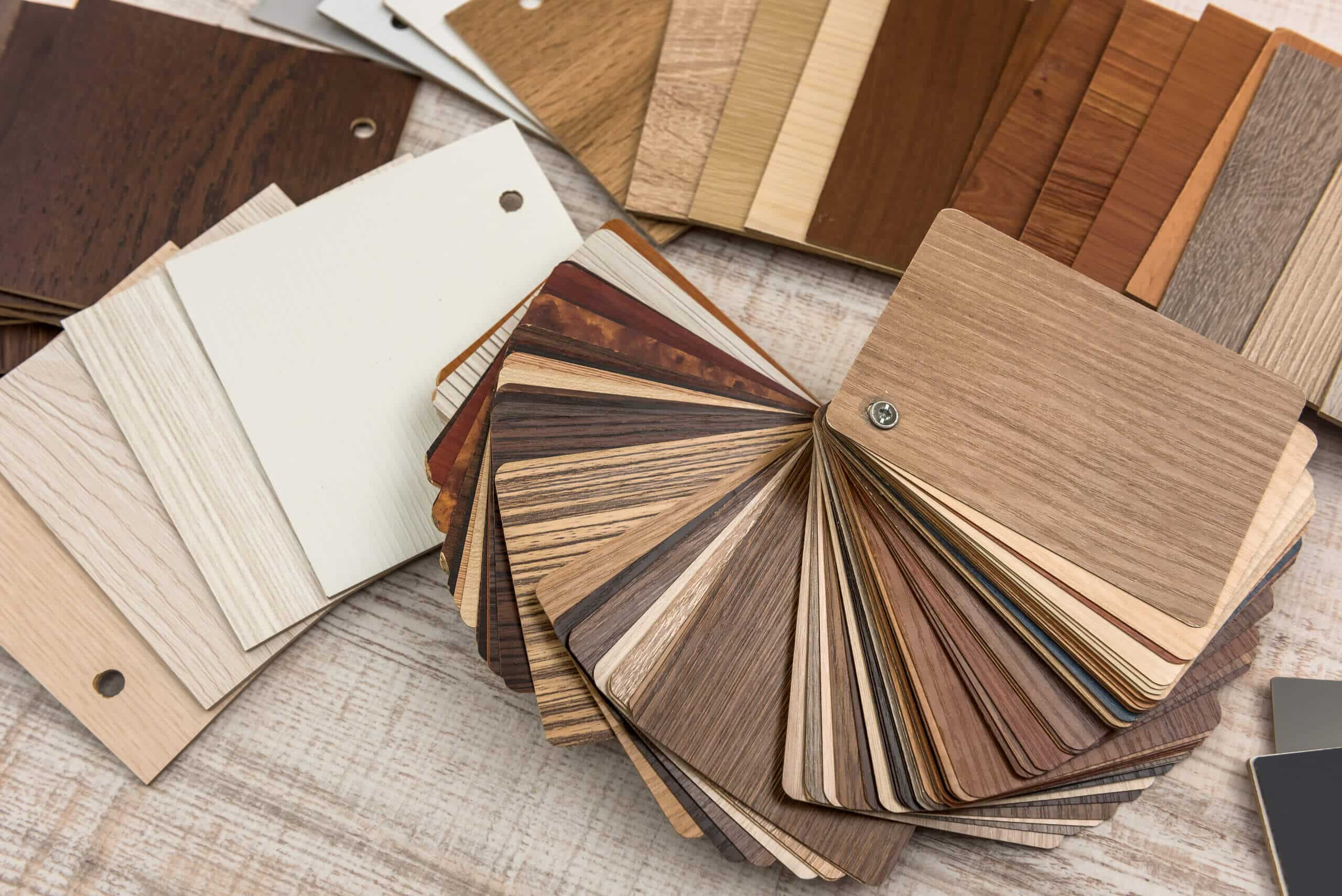Luxury vinyl plank (LVP) has become a popular alternative to traditional hardwood. If you are trying to decide between LVP and hardwood, our flooring pros at Kemp’s Dalton West Flooring can help! We sell both flooring types, so we are familiar with all their benefits.
Comparing LVP and Hardwood
- Waterproof:
LVP—This quality is one strong reason many homes with pets or small children are going with luxury vinyl plank. A waterproof floor is ideal when you are housebreaking a pet or enduring the constant spills of the toddler phase.
Hardwood–Unfortunately, hardwood flooring is not waterproof and can be damaged by being exposed to liquids. If something is spilled on hardwood, the spill must be dried up immediately.
- Cleaning and Maintenance:
LVP—Luxury vinyl plank can be swept, wet or dust mopped, and vacuumed. You can utilize non-wax cleaners on LVP. LVP does not require waxing and it will not become dull-looking over time. If the flooring starts to show wear and tear, there is no way to refinish LVP. You will have to replace the damaged boards or the entire floor depending on the situation.
Hardwood–Hardwood flooring can only be cleaned using products specifically made for hardwood. You cannot use a wet mop on them under any circumstance. Dust mopping or sweeping can be used for daily maintenance. Vacuuming is only possible on hardwood if you are careful to ensure the vacuum is a model without a beater bar to ensure that it will not scratch your floors. For your floors to look their best, you will need to wax them. When hardwood flooring starts to show wear, you can have it sanded and refinished multiple times.
- Durability:
LVP—Although LVP is not 100% life-proof, this flooring choice is unlikely to get scratched, dented, or dinged up. LVP holds up well against the everyday wear from pets and children. You can damage LVP by dropping something extremely sharp or heavy on the floor or dragging heavy furniture on it, but this is not a common occurrence. If one plank of your LVP is damaged, you can remove and replace the damaged one. The process may be time consuming, but it is doable and inexpensive. LVP floors last for about 15 years on average.
Hardwood—The hardiest types of hardwood flooring are oak, cherry, and maple. More exotic varieties of wood tend to be more easily damaged. Hardwood floors can be repaired and refinished, but the maintenance costs can be high. When cared for properly, your hardwood floors could last 75-100 years. Fading can happen after about 10 years, so expect to have to refinish them then. Engineered hardwood can be more durable than traditional hardwood.
- Pricing:
LVP—Luxury vinyl plank has an upfront cost that is less than half of the cost of hardwood. This could be explained by the less expensive materials and simpler installation.
Hardwood—The upfront cost for hardwood is significantly higher than LVP, but there could be significant savings in the long run since hardwood can last so long.
The Verdict:
No matter which you choose, LVP or hardwood, you win! They both have many benefits and the winner really depends on your priorities. Since both flooring types offer a variety of colors and finishes, you can find a luxury vinyl plank or hardwood to suit your home’s decor. If you are looking for a floor to endure your young growing family, LVP may be the best choice due to the waterproof quality, ease of maintenance, and lower upfront cost. If you can afford a higher upfront investment and spills are not a constant problem, hardwood may be a wise long-term choice for your family. Regardless of your floor choice, Kemp’s Dalton West Flooring can help you find the best one for your home. Our team can answer any questions you may still have. Contact us today!
